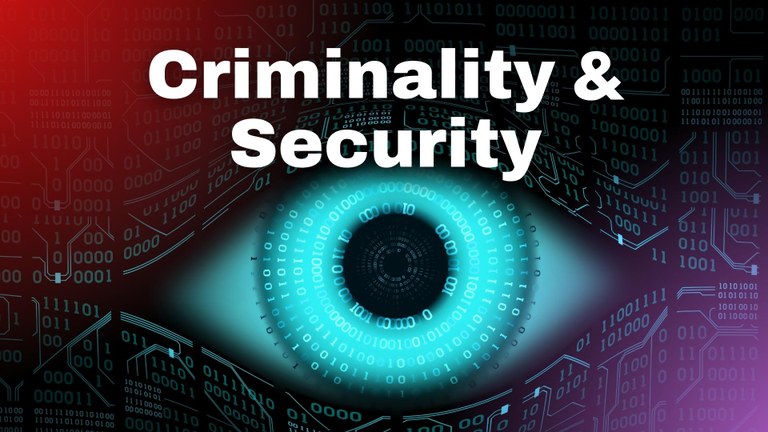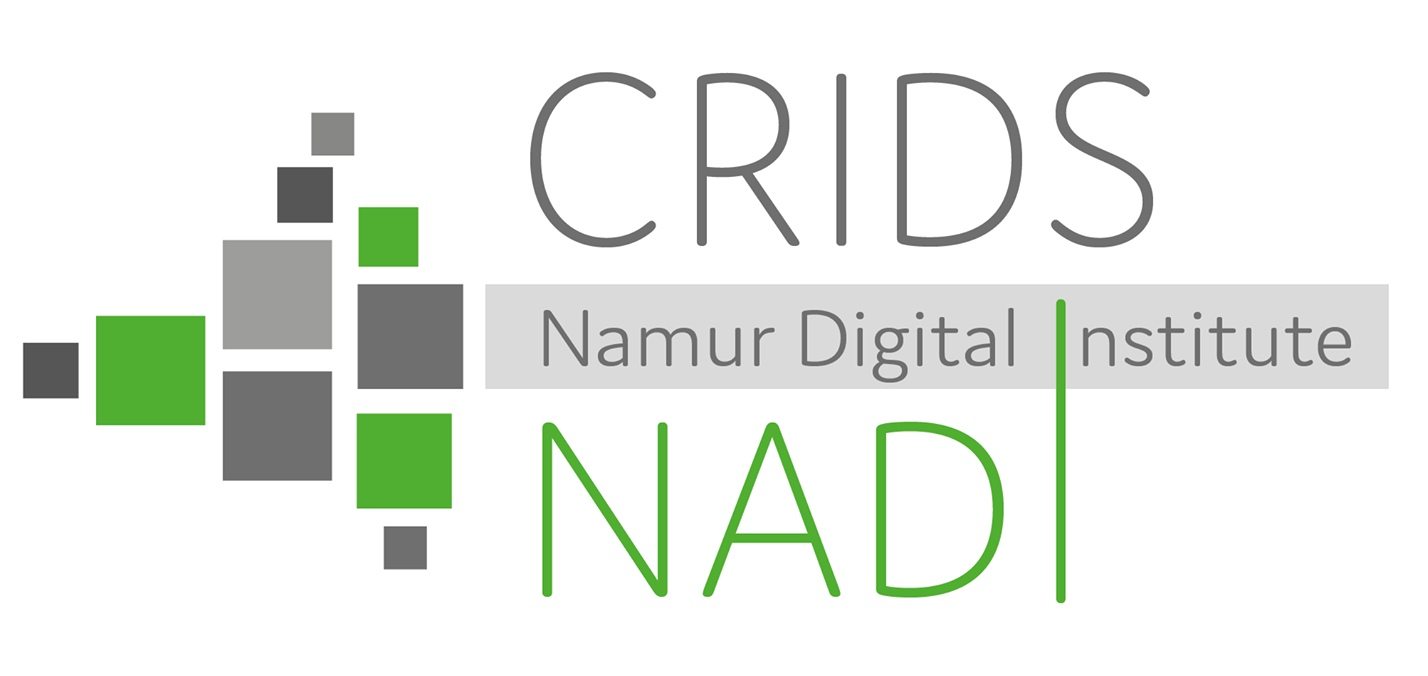Criminality, Security & Surveillance

The Crime, Security and Surveillance in the Digital Age (CSS) unit brings together researchers from the CRIDS and the V&S Centre, some of whom are practitioners and most of whom are teachers, around three research axes: criminality, security and surveillance in the digital age.
From the perspective of criminality, the research focuses on, but is not limited to, online harassment, computer fraud, hacking and ethical hacking, protection of vulnerable persons on the Internet, repression of fake news, hate speech and terrorist offences on the Internet, regulation of databases for criminal purposes and criminal uses of the dark web.
From the perspective of security, the research is conducted largely with regard to the three main texts in this area: the GDPR, the NIS Directive and the Cybersecurity Act. Members of the sub-unit are also working on the H2020 SPARTA project.
From the perspective of surveillance, the research is carried out with a concern to strike a fair balance between four fundamental values, secrecy, transparency, security and freedom, at a time when mass surveillance is gaining ground and states are not the only ones to be a threat to citizens' privacy. In this context, the perspectives opened by whistleblowing in terms of vigilance are examined. The members of the unit also address the multiplication of reporting and collaboration obligations with a view to better fighting some forms of crime and increasing the feeling of security (to the detriment of the feeling of freedom of citizens), the possibilities offered by the dark web in order to legally recreate some semblance of privacy in the digital age, and the rules governing the use of video surveillance cameras for public, professional or private purposes.
At the intersection of these three axes is a common research theme: data leaks. The topic is analysed from various points of view (security requirements, hacking, ethical hacking, breach of confidentiality, leak as a new means of expression, whistleblowing, etc.). What obligations does a company or administration have in case of data breach? What measures does the law prescribe to prevent data leaks? Which fundamental rights are potentially violated in case of data breach? What is the reaction of criminal law to data leaks? What is the legal status of ethical hackers? How do they differ from whistleblowers? What about hackers? Does a data leak necessarily engage the responsibility of its author? What are the dangers of data leaks? What are also the virtues of data leaks in a democratic society?
Head of unit
- Élise Delhaise (CRIDS)
Members
- Nathalie Colette-Basecqz (V&S)
- Jean-Noël Colin (NADI)
- Antoine Delforge (CRIDS)
- Manon Knockaert (CRIDS)
- Amélie Lachapelle (CRIDS)
- Jean-Marc Van Gyseghem (CRIDS)
Latest publications
A. DELFORGE, E. DELHAISE, « Règlement (UE) 2025/38 établissant des mesures destinées à renforcer la solidarité et les capacités dans l’union afin de détecter les cybermenaces et incidents, de s’y préparer et d’y réagir et modifiant le règlement (UE) 2021/694 (règlement sur la cybersolidarité) », R.D.T.I., 2025, n°96, pp. 95-104.
E. DELHAISE, G. NGUYEN, « L'hôpital, cible privilégiée des cyberattaques ?», Droit hospitalier : décodage juridique au départ des réalités hospitalières, Bruxelles, Larcier-Intersentia, 2025, pp. 1065-1092.
E. DELHAISE, « Le droit pénal et la procédure pénale dans l’univers numérique», R.D.T.I., 2024, n°92-93, pp. 205-227.
E. DELHAISE, « La cybersécurité : proposition de règlement établissant des mesures destinées à renforcer la solidarité et les capacités dans l’Union afin de détecter les menaces et incidents de cybersécurité, de s’y préparer et d’y réagir (« Cyber solidarity Act »)», R.D.T.I., 2024, n°92-93, p. 123.
A. LACHAPELLE, «Aangifte en meldingsplicht van belastingfraude in het licht van de richtlijn “klokkenluiders"», Fiscaal en sociaal strafrecht Gordiaanse knoop ontward, Turnhout, Story Publishers, 2023, pp. 127-158.
Key publications
Books
A. Lachapelle, La dénonciation à l’ère des lanceurs d’alerte fiscale : de la complaisance à la vigilance, Bruxelles, Larcier, 2021.
Articles
N. Colette-Basecqz, « La protection pénale des personnes vulnérables dans l’environnement numérique » in Vulnérabilités et droits dans l'environnement numérique (H. Jacquemin & M. Nihoul, dir.), Bruxelles, Larcier, 2018, pp. 133-177.
N. Colette-Basecqz, « Pédopornographie et technologies : les réponses du droit pénal » in Law, Norms and Freedoms in Cyberspace / Droit, normes et libertés dans le cybermonde (C. de Terwangne et al., dir.), Bruxelles, Larcier, 2018, pp. 81-108.
N. Colette-Basecqz, « Le secret professionnel : une valeur de plus en plus menacée à l’heure de la lutte contre le terrorisme », Rev. dr. santé, 2017-18, liv. 2, pp. 81-83.
J.-N. Collin, « Risk as the Cornerstone of Information Security and Data Protection » in Deep diving into data protection: 1979-2019: celebrating 40 years of research on privacy data protection at the CRIDS, Bruxelles, Larcier, 2021, pp. 255-27.
E. Delhaise & C. Fievet, « Frontières intelligentes et nouvelles incriminations pénales: l'Union européenne face à la problématique des « Foreign terrorist fighters », J.T., n° 6676, 2017, pp. 113-120.
M. Knockaert, « La sécurité dans le marché unique numérique européen : le Règlement 2019/881 ("Cybersecurity Act") » in Les obligations légales de cybersécurité et de notifications d’incidents (F. Dumortier & V. Vander Geeten, dir.), Bruxelles, Politeia, 2019, pp. 163-183.
H. Hindy, R. Atkinson, C. Tachtatzis, J.-N. Colin, E. Bayne & X. Bellekens , « Utilising Deep Learning Techniques for Effective Zero-Day Attack Detection », Electronics, 2020, 9(10).





